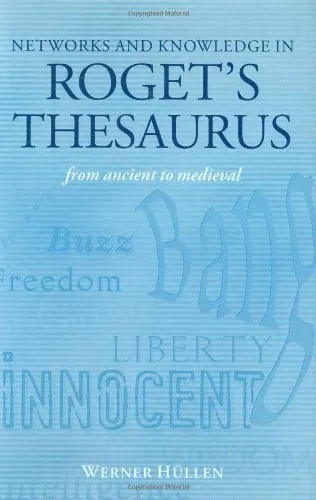Support Refhub: Together for Knowledge and Culture
Dear friends,
As you know, Refhub.ir has always been a valuable resource for accessing free and legal books, striving to make knowledge and culture available to everyone. However, due to the current situation and the ongoing war between Iran and Israel, we are facing significant challenges in maintaining our infrastructure and services.
Unfortunately, with the onset of this conflict, our revenue streams have been severely impacted, and we can no longer cover the costs of servers, developers, and storage space. We need your support to continue our activities and develop a free and efficient AI-powered e-reader for you.
To overcome this crisis, we need to raise approximately $5,000. Every user can help us with a minimum of just $1. If we are unable to gather this amount within the next two months, we will be forced to shut down our servers permanently.
Your contributions can make a significant difference in helping us get through this difficult time and continue to serve you. Your support means the world to us, and every donation, big or small, can have a significant impact on our ability to continue our mission.
You can help us through the cryptocurrency payment gateway available on our website. Every step you take is a step towards expanding knowledge and culture.
Thank you so much for your support,
The Refhub Team
Donate NowNetworks and Knowledge in Roget's Thesaurus
4.0
Reviews from our users

You Can Ask your questions from this book's AI after Login
Each download or ask from book AI costs 2 points. To earn more free points, please visit the Points Guide Page and complete some valuable actions.Introduction
Welcome to an exploration of linguistic precision and cognitive networking, tracing back to a pioneering tool that has shaped how language is organized and understood. "Networks and Knowledge in Roget's Thesaurus" delves into the profound legacy and intellectual architecture of Peter Mark Roget’s monumental creation. This book uncovers the intricate web of language categorized within Roget’s original thesaurus design, challenging and inspiring readers to consider the interconnectedness of words beyond traditional lexicography.
Detailed Summary of the Book
In "Networks and Knowledge in Roget's Thesaurus," the distinguished philologist Werner Hüllen provides an enlightening analysis of Roget’s Thesaurus, perceived not only as a linguistic tool but as a revolutionary lens through which we view language as a living structure. Hüllen navigates the complexity of Roget's categorizations, positing that the thesaurus does more than merely list synonyms; it establishes a cognitive map where language reflects human thought and social interaction.
Hüllen meticulously traces the origins and philosophy underpinning Roget's work, examining the Thesaurus' historical context in the 19th century—a time rich with scientific and intellectual fervor. The text explores how Roget implemented a classification system that mirrors not just linguistic relationships but also the inherent connections found within human knowledge. Each chapter of the book expresses how Roget’s design transcends simple lexicography, proposing a multi-dimensional understanding of vocabulary as inherently networked.
Key Takeaways
- Roget's Thesaurus is more than a compendium of synonyms; it is a profound reflection of how language is interconnected.
- The thesaurus features a unique classification system driven by the principle of continuity in human thought.
- Werner Hüllen explores the Thesaurus as an epistemological framework, emphasizing its role in cognitive linguistics.
- The book highlights how Roget’s categorization underscored the empirical spirit of the 19th-century intellectual landscape.
Famous Quotes from the Book
"Roget’s Thesaurus emerges not merely as a list of words but as a scaffolding of human intellect, revealing the intrinsic networks that shape our comprehension of the world."
"The essence of Roget’s system lies in its ability to mirror the fluid nature of thought, where language transitions seamlessly through the multifaceted terrain of human experience."
Why This Book Matters
Werner Hüllen's comprehensive study opens a window into the intellectual depth and pioneering spirit of Roget's Thesaurus, challenging modern readers and linguists to rethink the foundational tools of language. By exploring the thesaurus' layered structure, Hüllen invites us to appreciate the thesaurus not only for its immediate pragmatic use but for its enduring cognitive and cultural significance. This book serves as an essential read for linguists, educators, and anyone interested in the evolution and interconnected nature of human language systems.
In a modern landscape where language continues to evolve at an unprecedented pace, "Networks and Knowledge in Roget's Thesaurus" serves as a pertinent reminder of the timeless methodologies that can enrich our current understanding of linguistic interrelationships.
Free Direct Download
Get Free Access to Download this and other Thousands of Books (Join Now)
For read this book you need PDF Reader Software like Foxit Reader


